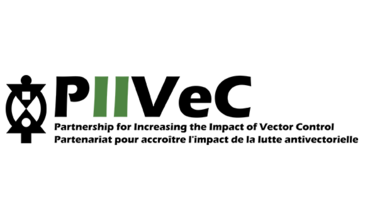
Vector-borne diseases are pervasive, causing massive morbidity and mortality and severely retarding economic development across the developing world. Many of our current tools are inadequate in twenty first century urban environments or failing due to insecticide resistance, and the evidence base for newer interventions remains weak.
Selecting the most cost effective, affordable and acceptable tools to reduce the burden of vector borne disease requires an integrated approach involving vector biologists, economists and anthropologists, working in partnership with national ministries of health, planning and finance. In reality, most disease endemic countries lack the capacity to develop evidence based strategies to control these diseases. There is a particularly acute shortage of vector biologists but also an urgent need to attract leading scientists from other disciplines to tackle this major public health crisis.
PIIVEC brings together leading research institutes and national disease control programmes from three African countries with exceptionally high burdens of vector borne disease, Burkina Faso, Cameroon and Malawi, to develop evidence based solutions for integrated vector control. Supported by long term mentorship from LSTM and rigorous evaluation of the capacity needs in-country, the Partnership will generate new knowledge and tools, and strengthen national decision-making leading to reduced disease burden and increased resilience for responding to outbreaks.
